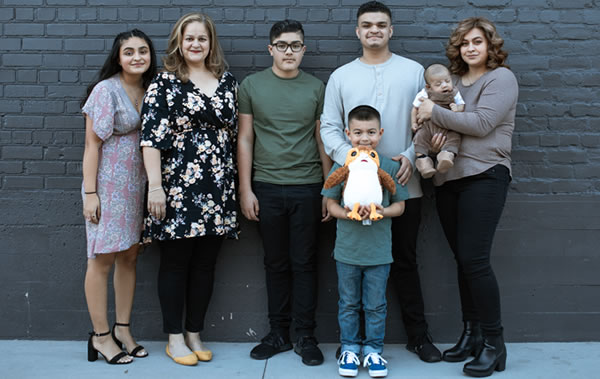
The budget reconciliation bill (The Build Back Better Act) has passed the U.S. House of Representatives and is on the Senate as of November 19, 2021.
What is at stake for millions of undocumented in the US if the bill gets signed into law?
The Potential Impact of the Reconciliation Bill on Immigration
The bill contains nowhere near the initial proposed legislation seen in previous versions. That's due to the Senate parliamentarian, Elizabeth MacDonough whose job it is to determine what legislators can and cannot pass via budget reconciliation. She has struck down the immigration provisions twice so far. Though her opinion is not binding, the democrats do not seem to have the desire to challenge her authority or fire her.
What the bill includes that just passed the House
Temporary Parole that will lead to work permits. This temporary parole option of 5 years, with an additional 5-year renewal option, is a protection from deportation which will allow for work and travel authorization and should impact close to 7 million undocumented immigrants who have lived in the country since at least Jan. 1, 2011. Of those 7 million people, an estimated 1.5 million will become eligible to gain green cards through an American family member. That's a significant portion of the estimated 11 million undocumented immigrants living in the U.S. today.
Green card recapture: If passed as currently written, the bill could recover more than two million (immigrant visas) green cards previously authorized by Congress that have gone unused since 1992.
Under the current bill, some employment-based green card applicants who have been waiting in the backlog for at least two years will be able to pay a $5,000 supplemental fee to waive the annual and per-country limitations and become permanent residents, years or even decades sooner. Family-based applicants who have been waiting at least two years may apply to waive the limitations with a fee of $2,500. This would provide relief to about 4 million people waiting for preference category family-based green cards. It would also help nearly 1 million waiting on the employment-based list. The problem of unused immigrant visas is an outstanding issue. The bill could close significant government inefficiencies.
The bill also aims to protect green cards for Diversity Visa winners who were prevented from entering the U.S. during the previous administration's various travel bans, Covid-related entry bans, and Embassy and consulate closures.
Additional Supplemental fees. Filing fees would also increase under this new bill as follows:
- $100 for certain family-sponsored immigrant visa petitions (Form I-130)
- $800 for each employment-based immigrant visa petition (Form I-140)
- $15,000 for each employment-based fifth preference petition (Form I-526)
- $19 for each Form I-94/I-94W issued to nonimmigrants who enter the United States
- $250 for each F-1 and M-1 nonimmigrant student and J-1 exchange visitor to be paid by the approved educational institution or designated exchange visitor program
- $500 for each application to replace an LPR card that has expired or is expiring
- $500 for each petition for E, H-1B, L, O, or P status (Form I-129)
- $500 for each application to change or extend nonimmigrant status (Form I-539)
- $500 for applications for employment authorization (Form I-765) filed by spouses of certain nonimmigrants, students seeking optional practical training, and applicants for adjustment of status
Prepare for the Passing of the Bill
It is speculated that the Senate will take up the bill by the end of the year.
